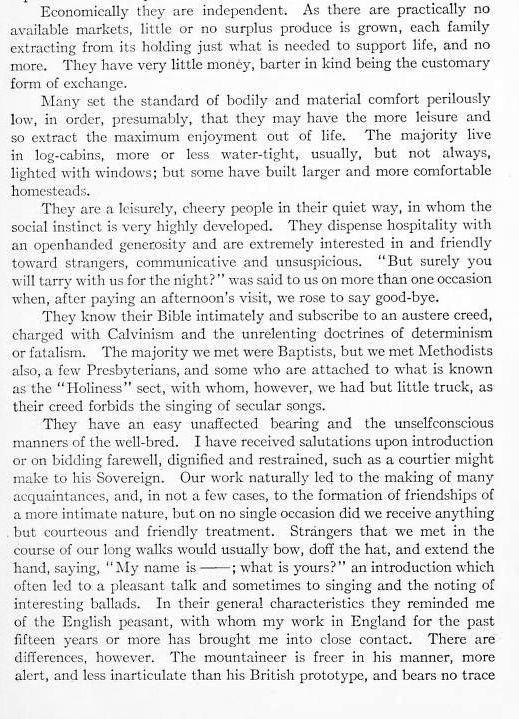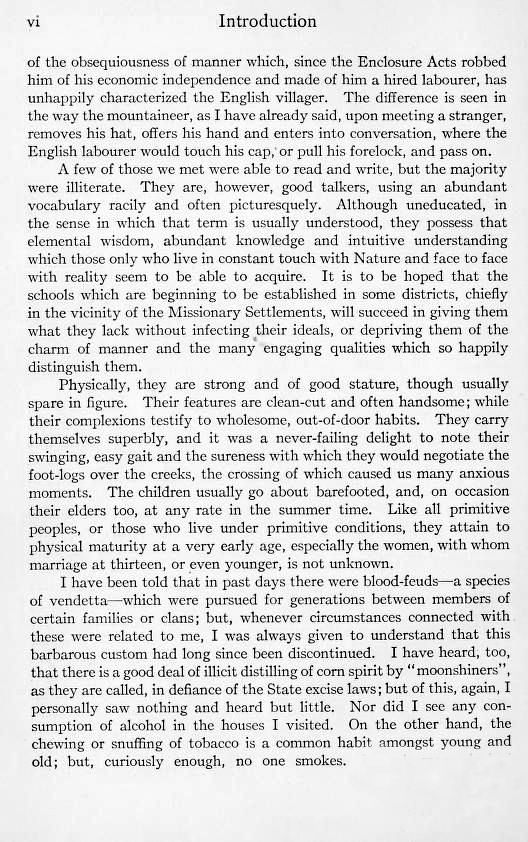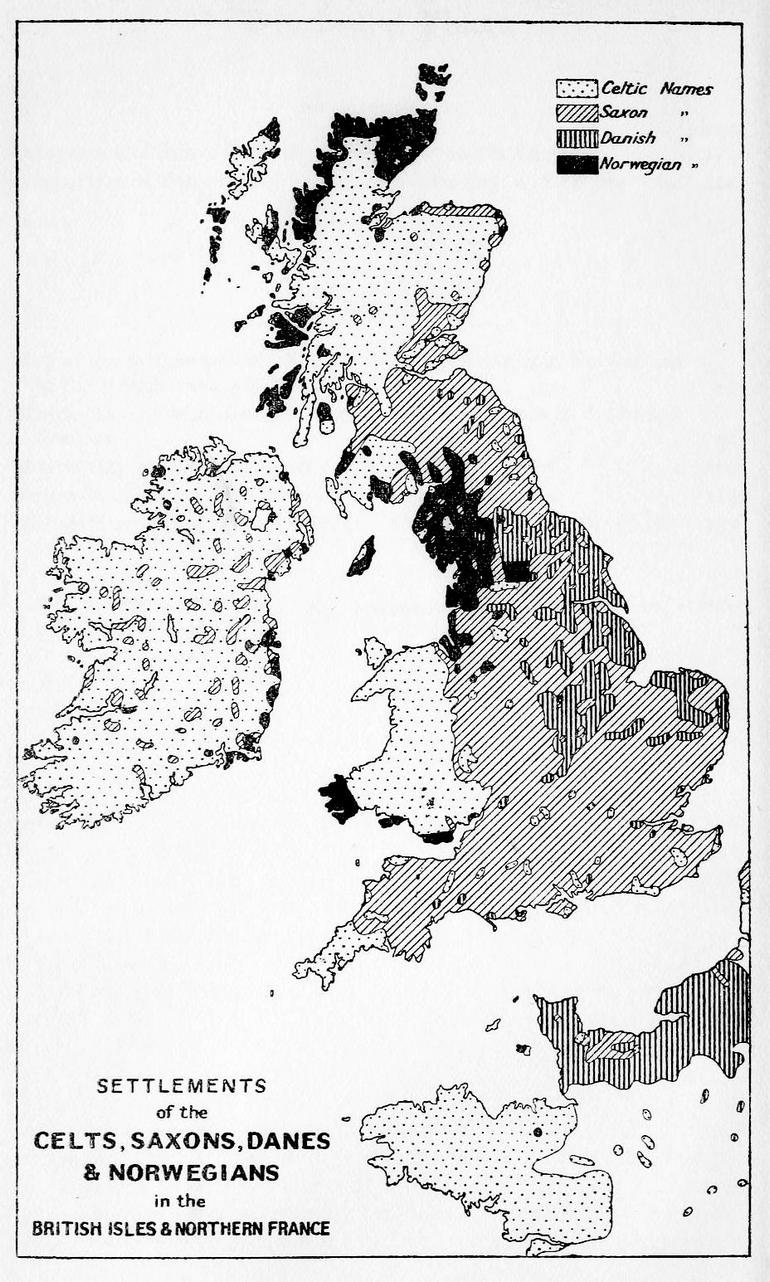I’ve been reading a long thread on a popular blog; among the subjects that came up during the discussion, it seems that certain myths and misconceptions pop up, as so often happens. Will some of these myths never die?
For example: the idea that ‘Germanic’ and ‘German’ are synonymous terms. What I mean is that people insist that peoples broadly described as ‘Germanic’ (that would include the Germans, of course, but also Dutch, Flemish, Austrian, and also the Scandinavians and some — and I emphasize some — of the peoples of the British Isles.
Other myths that make their appearance on the thread: that the English are ‘Germans‘ because they are Anglo-Saxon, and both the Angles and Saxons were from an area that is now part of the (fairly recently formed — in 1815) country called Germany, then the English or British are Germans. And other people insist that because the Windsor royalty who now occupy the throne of Britain were originally part of the House of Hanover or the Saxe-Coburg-Gotha families, they themselves are German, even if they concede the British or English people in general are not.
The English people, in that recent DNA testing seems to show a larger percentage of Anglo-Saxon genetics than previously thought, are apparently more Germanic in descent than they are, say, Celtic, though there are those who persist in believing that the English or the ‘British’ are ‘Celtic.’ Why is this so? My guess is that being Celtic is just “in”; people admire the image that popular culture and popular ‘history’ books have presented of Celtic peoples.
The ‘Celts’ in the British Isles are, of course the Irish, the Scots (who, however, have a larger percentage of Scandinavian/Norwegian ancestry,) and the Welsh, who are considered to be descended from the native Britons who were there before the Angles, Saxons, Danes, and Normans arrived. Some of the Britons, after being supplanted to some extent by the Germanic arrivals (Angles, Saxons, et al) went to what is now Brittany, in France; their Breton language is closely related to Welsh.
British people aren’t ‘Germans’, though they are Germanic. As to the British royalty, it’s true that they are not ‘typical’ British people, but neither are they ‘Germans’, though the Windsors are descendants of the Hanover and Saxe-Coburg-Gotha. This article goes into more detail.
In any case, is there any hope of people letting go of their notion that the British royals are ”Germans” just because the House of Hanover was of German origin?
The fact is that European royalty, considering that the various royal houses of Europe generally choose their spouses from within that group, constitutes a sort of ethnicity to itself, being mixtures of various ‘nationalities’ within the smallish circle of European royalty.
And then we come to the popular assertions that marrying within the European royal lines spells ‘I-N-B-R-E-D’, which most Americans consider synonymous with defective, mentally challenged, and “ugly”, as many Americans say. I don’t see that this follows; I think Americans’ obsession with ‘inbred royalty’ is just an excuse to ridicule European royalty. We Americans, with this knee-jerk obsession with ”equality”, somehow find it necessary to ridicule and denounce royalty at every turn. This is something I don’t share with most Americans. I don’t see that our vaunted ”democracy” has served us very well; how could a monarchy be any worse than being represented (in theory, at least) by a lot of duplicitous crypto-globalist politicians? There’s not much to convince us that this is any better than a bad monarchy.
As far as ‘inbreeding’, I don’t know what degree of relationship is considered ‘inbreeding’; I’ve read that Eleanor and Franklin Roosevelt were something like 6th cousins. This source says they were 5th cousins.
Whichever is true, the media don’t seem to consider the case of the Roosevelts as unhealthy inbreeding, though some royals are related no more closely than that.
I have noticed that the media seem to be pushing the theme of ‘inbreeding’ and trying to sell us on the idea of outmarrying, supposedly because it’s healthier, ”hybrid vigor” and all, new blood added to the stale bloodlines, etc. However ‘hybrid vigor’ does not seem to come into play with most human outmarriages/matings. I suspect the media is trying to push the Kalergist agenda, and they use that theme as a way of inducing people to comply. After all, we have to be equal opportunity spouse-seekers.
But as to the other genetic myths: there’s also the old urban legend about how the ”black Irish”, meaning those Irish-born people with dark hair and dark eyes, are descended from those men who were shipwrecked when the Spanish Armada was defeated by the English in 1588. This article casts doubt on that legend.
Most other sources seem to say the same; the story of Spaniards washing up on the shore of the West of Ireland and somehow fathering progeny there, enough to leave many dark-haired, dark-eyed descendants, just appeals to people who like a ‘romantic’ or spicy story. And the fact is, there are many dark-haired (and some dark-eyed) Irish people in the Western counties, and elsewhere. This seems to be from the predominant Celtic ancestry there, as in Wales, where there are more dark-haired people than fair.
But people do like these ‘colorful’ and fanciful stories. Maybe this is because people weaned on movies, TV, and fiction novels prefer stories to boring old facts.
Not that facts need be boring; I find reality interesting enough, and I read mostly non-fiction, though some think that preference is odd.
Another belief: those in the British Isles or America who have ‘Scandinavian’ origins as shown in DNA tests are descended from ‘Vikings.’ True, or not?
The fact is that the term ‘Viking’ is not an ethnic description as many Americans use it. Often the term is used interchangeably with ‘Norsemen’ or ‘Scandinavians’, at least those who lived in a certain era. ‘Viking’ was a term describing what these people did, not their ethnic origin or identity. Not every Scandinavian in the 8th-12th centuries was a ‘Viking’, though that seems to be assumed today. Still, the Scandinavians or Norsemen who became ancestors of people in the British Isles were probably seafarers/explorers/pirates, (Vikings) though this isn’t necessarily a given.
It’s tempting to think of our ancestors as ‘warriors’, adventurous, impressive people, and this may also explain the sudden popularity of the idea of Scottish or Celtic ancestry following the success of the Braveheart movie. It’s bad history, but apparently the image was something that people liked to identify with.
Again, this reminds me, too, of the sudden popularity of the ‘Celtic South’, the insistence, thanks to several popular books and a TV documentary, that the South was settled by, and mostly made up of, Scots-Irish people. Up until a couple of decades ago, Anglo-Saxons were considered to be the original colonists of the South, and the people who left their stamp on that region. But suddenly it was the Celts who made the South; they were the ‘real’ South, while the English settlers were downplayed. But some of our greatest heroes were of English descent: General Lee for example. General Thomas ‘Stonewall’ Jackson was half-English but is claimed by the Celtic South promoters as ‘Scots-Irish.’
But even the name ‘Scots-Irish’ is based on a misconception. The people described by that term are not ‘Irish’ as in Celtic Irish, usually Catholic Irish, but Protestants with no actual Irish origins; they came from Scotland, or England, usually the border counties — to the six county province of Ulster, Northern Ireland. These are the people who for so long were in conflict with the Catholic (Celtic) Irish in Northern Ireland. They are ‘Ulster folk’ and they are also called ‘borderers’.
Still the misunderstanding of ‘Scots-Irish’ persists.
There are so many of these myths and misconceptions, and they seem impervious to being debunked or corrected. They seem to be passed around the Internet by word-of-mouth, or maybe people are all getting these ideas from certain sources. In this respect the Internet has seemed to be a very efficient way of passing along many misconceptions and falsehoods. And that’s in addition to being the most efficient source of propaganda ever.
#britain, #england, #ethnicity, #genetics, #hbd, #royalty, #vikings
 Do the propaganda merchants really believe that everyone will fall for these outlandish lies? Sadly, too many will simply accept these false representations, mostly the young, who have deliberately been maleducated and force-fed these contrived deceptions. The population across the generations have been so mind-conditioned over the last several decades that they too are slowly acquiescing and accepting what they, deep-down, must know is not true.
Do the propaganda merchants really believe that everyone will fall for these outlandish lies? Sadly, too many will simply accept these false representations, mostly the young, who have deliberately been maleducated and force-fed these contrived deceptions. The population across the generations have been so mind-conditioned over the last several decades that they too are slowly acquiescing and accepting what they, deep-down, must know is not true.

